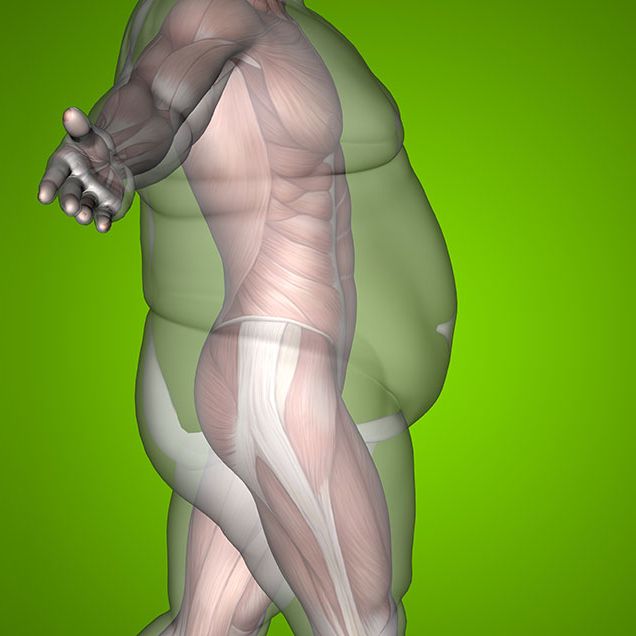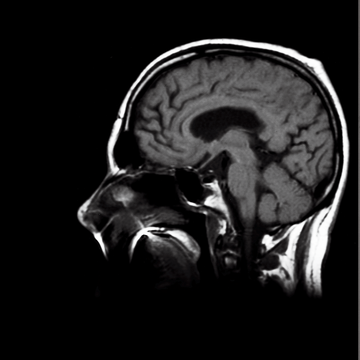If you Google type 2 diabetes, reliable sources—like the National Institutes of Health website—will tell you that it’s a chronic condition.
But Newcastle University researcher Roy Taylor, M.D., begs to differ.
His research finds that some people are able to reverse their diabetes by going on an ultra low-calorie diet.
For Dr. Taylor’s new study, 30 diabetic people ate just 700 calories daily for two months. They lost 31 pounds on average.
Related: THE 21-DAY METASHRED—One Guy Lost 25 Pounds In Just 6 Weeks!
Twelve of those subjects’ blood sugar levels fell below the threshold for diabetes, 126 milligrams per deciliter, as a result. Some of their levels were completely within the normal range, Dr. Taylor says, but the average fell within pre-diabetic parameters.
Afterward, the researchers gave the study participants guidance on portion size to help them return to a normal diet while maintaining their new, lower weight.
Six months later, all of those people were still diabetes-free.
That means that as long as they keep their weight down, they no longer need to take insulin or constantly monitor their blood sugar. They’re no longer at risk for premature heart attacks and strokes, or diabetes complications that can damage their eyes, kidneys, and feet, says Dr. Taylor.
Plus, they just feel better—poor blood sugar regulation can zap your energy.
How does a diet cure type 2 diabetes? It comes down to weight loss, he says.
Diabetes is caused by a buildup of fat in your pancreas, Dr. Taylor says. The extra fat screws with your organ’s ability to make insulin, the hormone that controls your blood sugar.
Related: Does Sugar Really Cause Diabetes?
But when you lose fat, the first bit to go is the fat in your organs, says Dr. Taylor.
“In the first 10 to 14 kilograms [22 to 31 pounds] of weight loss, this relatively small amount of fat that’s actually within the organs gets used up, and the organs can go back to normal function,” he explains.
As a result, the insulin-producing cells in your pancreas are able to respond more quickly to the sugar in your bloodstream, keeping your blood sugar levels normal.
The study is a confirmation of what obesity specialist Spencer Nadolsky, D.O, says he sees in his practice “all the time.”
It’s part of a shift in how doctors are treating diabetes, he says. Instead of just feeding people more insulin to keep their blood sugar down, you can treat the underlying cause: the fat in their organs.
Related: Lose Belly Fat With Just Two Exercises
You don’t have to take such extreme measures as a 700-calorie diet, though, both doctors say. As long as you lose about 15 percent of your body weight, you may be able to reverse your diabetes, Dr. Taylor says.
One big caveat: Everyone in the study lowered their blood sugar levels, but the longer a person had had diabetes, the less likely they were to get their blood sugar down to below the diabetes threshold.
If you want to take a fast, aggressive approach to weight loss like the study participants did, see an obesity specialist for guidance, says Dr. Nadolsky. You can find one on the American Board of Obesity Medicine’s website.
Otherwise, Dr. Taylor suggests using the Mayo Clinic’s calorie calculator to find out how many calories your body really needs to maintain its current weight, and eat less than that to lose.













